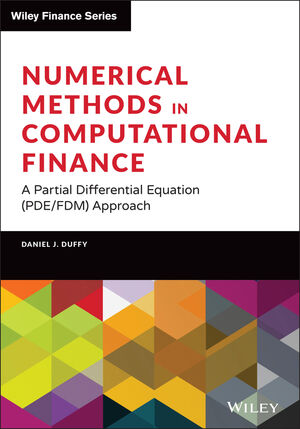Take with grain of salt, as these are based on my personal research. All these are not pre-reqs and are NOT necessary for MFEs. I wanted to just see the relevance of a typical math curriculum to quant finance.
"""MATH 490 - Mathematics of Machine Learning Rating: 90/100. It dives into error, loss, risk, and empirical risk minimization, which are crucial for building robust quant models. Things like linear regression, logistic regression, and support vector machines .
Math 442 (Introduction to Partial Differential Equations): Rating: 70/100. Partial Differential Equations (PDEs) have their place in the quant finance realm, especially when modeling derivative pricing and other financial instruments. However, this course dives into a lot of mathematical theory which might not offer a direct route to practical quant finance skills. It’s useful, but not a knockout punch.
Math 441 (Differential Equations): Rating: 60/100. Differential equations are a part of the quant finance toolkit, but this course doesn't seem to tailor its content towards financial applications. It's more of a general course on differential equations which might not offer the laser-focused training you need.
Math 446 (Applied Complex Variables): Rating: 45/100. Now this one’s got a bit more meat for the quant world, especially when delving into contour integrals and series convergence which can be applied in quantitative finance. However, it still veers off into a lot of complex variables theory that won’t pay direct dividends .
Math 448 (Complex Variables): Rating: 40/100. There are some tidbits like Cauchy’s theorem, and understanding complex plane could have applications in quant models. However, a big chunk of it delves into complex analysis which might not provide the direct practical advantage you need.
Math 481 (Vector and Tensor Analysis) Rating: 35/100. While understanding manifolds and tensor fields could lend a hand in high-level quant modeling, this course dives too deep into the mathematical jungle. It's too theoretical and won't directly fuel your quant fund rocket.
Math 447 (Real Variables): Rating: 30/100. Diving into real variables, metric spaces, and integration is useful, but this course might get too bogged down in theory rather than tackling real-world quant finance problems. Some concepts here are foundational, but it's not a direct route to mastering quant finance.
MATH 417 (Introduction to Abstract Algebra): Rating: 30/100. Abstract algebra has its beauty but it's not the heavy artillery you need. Some concepts like modular arithmetic and cryptography could be relevant in certain quant finance scenarios, like security and encryption in financial transactions. However, the bulk of this course veers off into pure mathematical theory.
Math 423 (Differential Geometry): Rating: 20/100. This one’s a deep dive into geometric theory which doesn't directly translate to the quant finance battlefield. The theory of curves and exterior calculus are elegant, but they won’t provide the ammo needed for financial modeling and algorithmic trading.
MATH 444 - Elem Real Analysis: Rating: 20/100. This course is all about the basics. It’s like learning how to punch in boxing. Important, but not the killer blow you need. It covers fundamental concepts that you should already have a handle on. It’s not going to give you the advanced ammo you need."""
